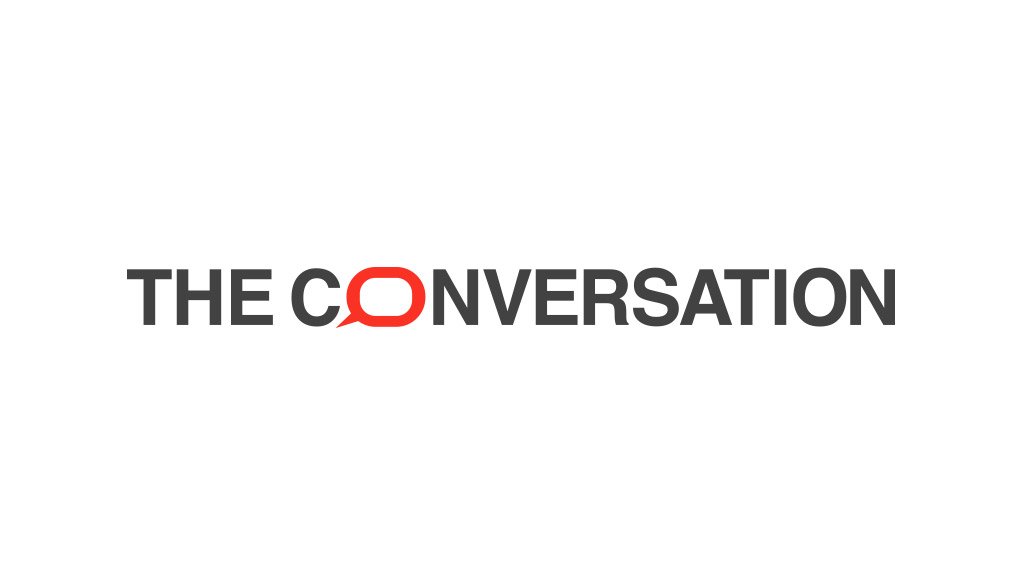![]() The US has revived diplomatic efforts to resolve the dispute sparked by Ethiopia’s Grand Ethiopian Renaissance Dam (GERD) project on the Nile. Sudan and Egypt, which rely most heavily on the Nile’s water flow, consider the US$4.6-billion reservoir as a serious threat to vital water supplies. But Ethiopia considers it essential for its electrification and development.
The US has revived diplomatic efforts to resolve the dispute sparked by Ethiopia’s Grand Ethiopian Renaissance Dam (GERD) project on the Nile. Sudan and Egypt, which rely most heavily on the Nile’s water flow, consider the US$4.6-billion reservoir as a serious threat to vital water supplies. But Ethiopia considers it essential for its electrification and development.
Egypt and Sudan opposed the construction of the dam from the start. But the project went ahead and was commissioned on 20 February 2022. Five articles from our archives trace the genesis and build-up of the conflict over Nile waters, and potential avenues for resolution.
The imperialist past
Britain occupied Egypt in 1882 and maintained a strong influence until 1956. Its textile industries depended on Egyptian cotton, which relied on irrigation using the River Nile’s water. British hydrologists developed a plan to regulate the flow of the Nile by building dams and reservoirs in downstream countries.
But the plan had one major flaw. It didn’t consider the interests of nine upstream countries, including Ethiopia, Kenya, Tanzania and Uganda.
Egypt and Sudan want their “historically acquired rights” to be the baseline for all negotiations about the dam. But Ethiopia considers that unreasonable, and not in line with the principles adopted by all three countries in 2015.
The last round of talks, in 2018, failed.
Egypt has blamed Ethiopia for the stalemate. But many scholars cite colonial-era treaties as the reason for the impasse.
From conflict to cooperation
Some have speculated that the dispute could degenerate into a “water war”. There is no doubt that the dam has become a source of serious tension for Egypt, Ethiopia and Sudan. But, in fact, the dam has also helped to shift longstanding power relationships and could pave the way for more cooperation among all the countries that depend on the Nile.
To date no country has fought a war over water resources. There is no reason why this case should be different.
Without data such as storage plans, it’s difficult for the countries involved in the dispute to know what effect the dam will have on their water security. Having this data and sharing it would be a game changer.
There is an opportunity to integrate scientific research into the ongoing negotiations.
Solar and wind
The GERD’s reservoir will be large enough to store the full annual Blue Nile flow. But should anyone be allowed to exert such control over the Nile?
A win-win situation can be found for GERD’s long-term operation. If Ethiopia, Sudan, Egypt and their neighbours were to deploy large-scale solar and wind farms and establish a regionally integrated power grid, and if Ethiopia agreed to operate GERD in synergy with solar and wind power, the long-term benefits of this huge investment would outweigh the costs.
Written by Julius Maina, Regional Editor East Africa, The Conversation
This article is republished from The Conversation under a Creative Commons license. Read the original article.
EMAIL THIS ARTICLE SAVE THIS ARTICLE ARTICLE ENQUIRY
To subscribe email subscriptions@creamermedia.co.za or click here
To advertise email advertising@creamermedia.co.za or click here











